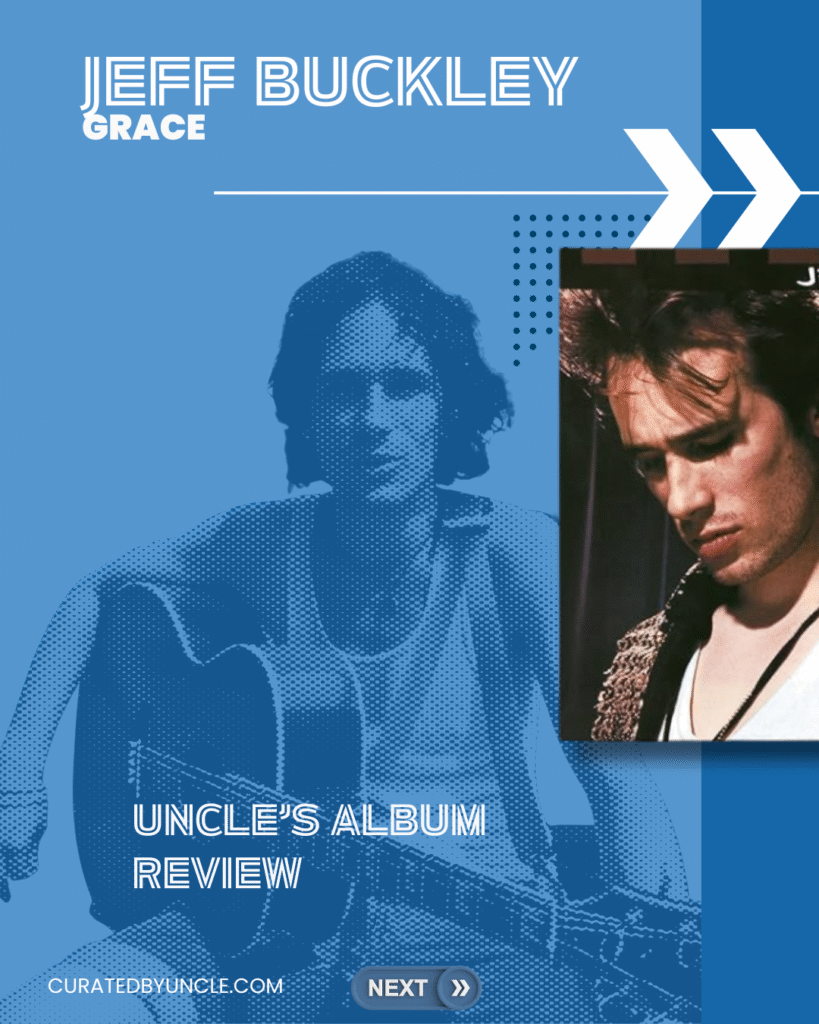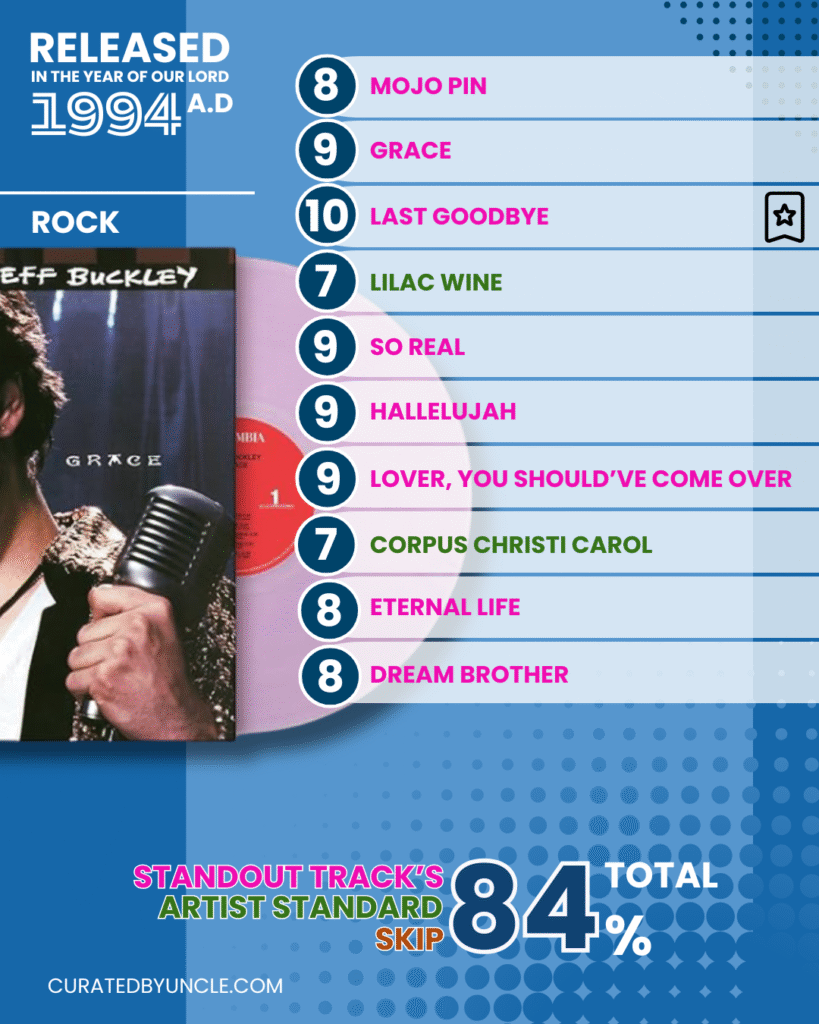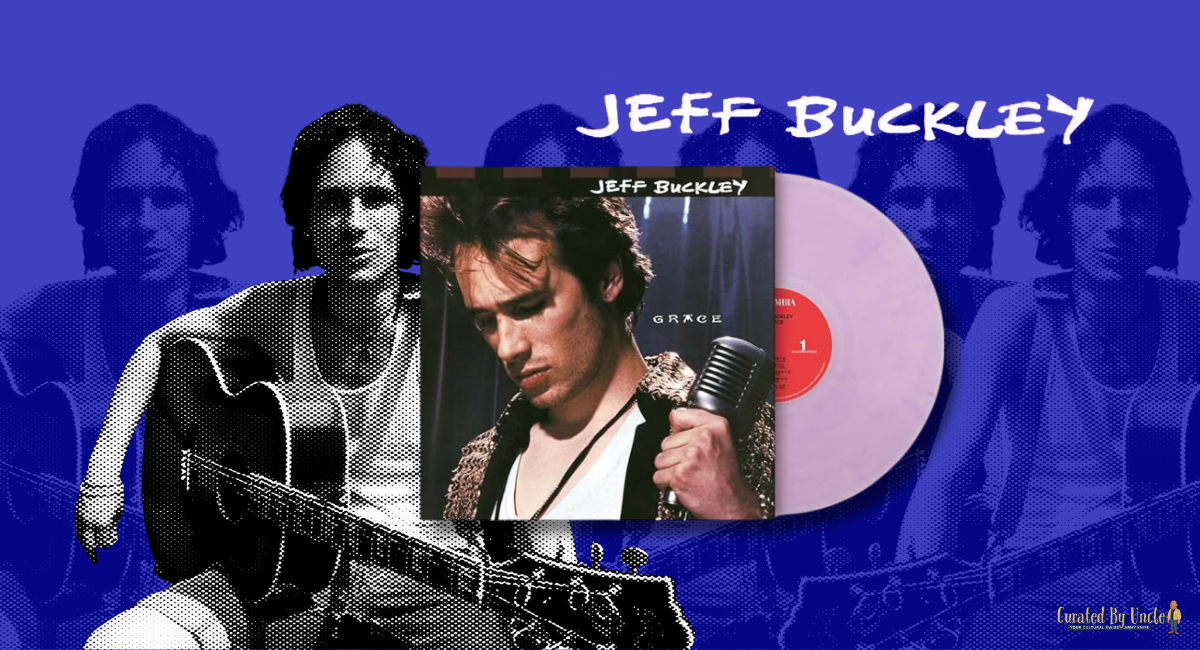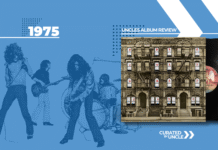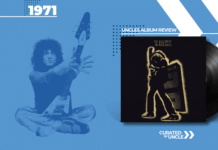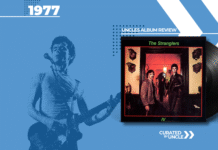Welcome to the Echo Chamber of Heartache
I remember the first time I heard Grace, I thought the stereo had developed sentience and decided to sob. Jeff Buckley’s voice didn’t just sing – it bled, wrapped in guitar shimmer and emotional tremors. Released in 1994 to a world still hungover from grunge and already overdosing on Britpop, Grace was a different beast: ethereal, wounded, operatic and utterly arresting.
If most albums throw a punch, this one whispers first, strokes your face, then emotionally waterboards you.
Table of Contents
The Man With the Angelic Scream
Jeff Buckley wasn’t just a singer, he was a walking Greek tragedy with a Telecaster. Son of cult folk hero Tim Buckley, Jeff inherited the vocal acrobatics but none of the fatherly warmth. Abandonment issues? Check. Obsessive perfectionism? Check. A tendency to make producers cry with late-night reverb demands? Double check.
He was sexy, self-destructive, sensitive to the point of psychic overload and too talented for this plane of existence. A doomed genius? Probably. A brilliant one? Undoubtedly.
Grace was the only studio album Jeff Buckley released before his death. On May 29, 1997, while working on his follow-up album My Sweetheart the Drunk, Buckley drowned in the Wolf River Harbor in Memphis, Tennessee. He was 30 years old. His death – accidental and abrupt – froze Grace in time, a sole testament to what could have been an extraordinary career. That finality adds weight to every note, like hearing a ghost serenade you from the edge of the abyss.

Meet the Band That Let Him Fly (and Sometimes Fall)
Though Jeff Buckley’s voice dominates like a cathedral choir possessed by a lovesick ghost, he didn’t do it alone. The band behind Grace helped shape its haunting beauty with texture, restraint and some jaw-dropping moments of their own:
- Jeff Buckley – vocals, guitars, occasional godlike wailing.
- Michael Tighe – guitar; joined mid-recording, co-wrote “So Real” and added a spectral edge.
- Mick Grøndahl – bass; meaty, melodic grounding amidst the celestial chaos.
- Matt Johnson – drums; delicately muscular, subtle when needed, thunderous when not.
Add producer Andy Wallace (he of Nevermind mixing fame), and you get a record that’s somehow intimate and galactic all at once.
Track by Track: An Emotional Bloodletting in Eleven Steps
1. Mojo Pin
Like waking up mid-dream with a ghost in your lungs. Buckley whispers, croons, then erupts into banshee wails over spiralling guitar figures. It’s a fever dream of lust and longing, allegedly inspired by an imaginary lover. Possibly also heroin. Probably both. Either way, it sets the tone: expect beauty, then expect pain.
2. Grace
Guitar chimes, drums shimmer and then Buckley launches into a song about death that somehow sounds like life incarnate. There’s no chorus, just a tidal swell of rising tension and falsetto flights that make your spine do backflips. It’s dramatic without being overwrought, which, given the subject matter (loss, letting go), is miraculous.
3. Last Goodbye
This one actually charted, possibly because it contains something resembling a traditional structure. But don’t let that fool you, it’s still an emotional sucker punch. Heartbreak’s never sounded so polished. If you’ve ever broken up with someone and felt fine until this bloody song came on, welcome to the club.
4. Lilac Wine
A cover, yes – but Buckley owns it. His version is woozy, romantic and slightly deranged, like drinking too much at a wedding and then proposing to the cake. His voice tiptoes on the edge of collapse, slurring through sorrow with precision. The fragility is part of the weaponry.
5. So Real
Written with Michael Tighe, this one’s jagged and slightly haunted, like a love letter delivered by poltergeist. There’s a sense of building dread, a quiet/loud dynamic that flirts with hysteria. It’s grunge-adjacent but far too graceful to be stuck in flannel.
6. Hallelujah
Yes, the Leonard Cohen cover. Yes, it’s that version. You’ve heard it at weddings, funerals and possibly even in an advert for yoghurt. But despite overexposure, Buckley’s take still kills. Sparse, trembling and recorded mostly in one take – this is not a song, it’s a spiritual experience.
7. Lover, You Should’ve Come Over
Seven minutes of yearning. He goes from gentle crooning to operatic howls like a man simultaneously drunk-dialling an ex and reading poetry to the moon. Lyrically devastating. Sonically gorgeous. If this one doesn’t reduce you to rubble, check your pulse – you might be wallpaper.
8. Corpus Christi Carol
The medieval hymn you didn’t know you needed. It’s a moment of serene madness in the middle of emotional chaos. Haunting falsetto, harp-like guitar – an interlude that feels like floating through stained glass. It’s either divine or deranged. Possibly both.
9. Eternal Life
The closest Buckley gets to shouting angrily into the void. Guitars crunch. Lyrics snarl. It’s full of righteous indignation about war, politics and human cruelty. A sonic detour into righteous garage rock that proves Buckley wasn’t just about angels and tears, he could spit fire too.
10. Dream Brother
The closer and the warning shot. Inspired by his father and possibly aimed at himself, it’s full of psychedelic drift and unresolved guilt. The rhythm is hypnotic, the guitars swim in delay and Jeff hovers somewhere between despair and forgiveness. It ends not with a bang but a chill.
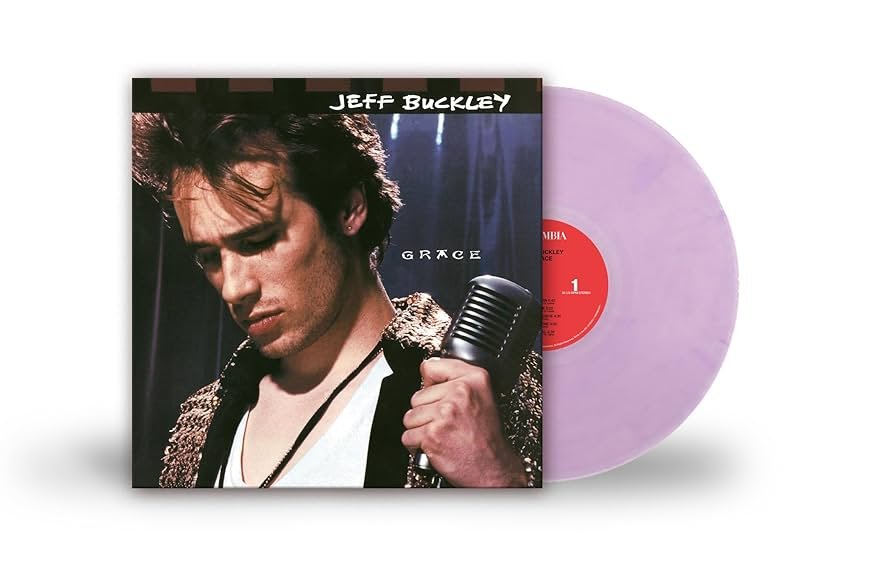
The Sound of Otherworldly Obsession
Grace was recorded at Bearsville Studios in Woodstock, New York – a place where music legends tend to go when they’re either ready to reinvent themselves or fall apart. Jeff, ever the overachiever, did a bit of both.
Producer Andy Wallace captured a pristine yet emotionally volatile sound. Every note feels suspended in some hyper-lucid dream. Jeff Buckley was notorious for obsessing over takes, sometimes weeping over mic placement. The end result? Raw perfectionism that never feels sterile.
Themes: Love, Loss and Lungs Made of Velvet
At its core, Grace is about human frailty, the ache to connect, the pain of separation, the brief transcendent highs before it all comes crashing down. Love here isn’t simple, it’s a form of madness. Religion isn’t comfort, it’s a looming cathedral of unanswered prayers.
And through it all, Buckley’s voice threads every emotion into gold filament.
Trivia: File Under “Heartbreaking Genius”
- Jeff Buckley originally resisted including “Hallelujah” on the album. It later became the defining performance of his career.
- The cover art is just Buckley, sweaty and glowing, mid-performance – exactly how he should be remembered.
- Buckley drowned in 1997, three years after Grace was released. He was 30.
- Radiohead’s The Bends was partly inspired by this album. Thom Yorke called it “a touchstone.”
Legacy: The Cult Album That Became Canon
Grace didn’t make waves initially—it quietly rippled. Critics adored it, but sales were modest. Then Buckley died, and the album transformed into sacred scripture. Now it’s regularly cited among the best debuts of all time, with good reason.
It’s not just Jeff Buckley’s voice. It’s the vulnerability. The sheer gall of being that exposed in a world of irony.
My Final Thoughts: Devastating, Divine, Unforgettable
It’s tender, intense, exhausting and exalting. Jeff Buckley gave everything – his voice, his heart, his sense of peace and we’re still sifting through the rubble.
If you’ve never heard it before, prepare to be ruined in the best possible way. If you have, you know exactly what I mean.
I think the power of Grace is how it sneaks up on you. One moment you’re admiring the reverb, the next you’re ugly crying into your sleeve. It’s too vulnerable for background music. It demands your entire chest cavity.
And after all this time, it still hurts to listen to. Beautifully.

If You Liked Grace, I Recommend These:
- Nick Drake – Pink Moon (1972): Whispered melancholy with acoustic precision and no safety net.
- Radiohead – The Bends (1995): Emotional unease wrapped in lush, alternative rock.
- Antony and the Johnsons – I Am a Bird Now (2005): Operatic beauty and raw honesty in equal measure.
